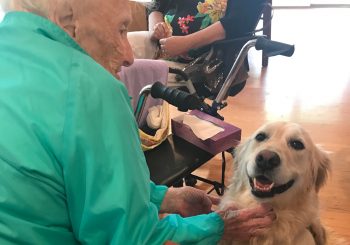
Caregiver Support
As the caregiver for a loved one with Alzheimer’s disease, you want to provide the best memory care possible, but it can be a challenge. You need to learn about memory care, how dementia is affecting your loved one, and the medical support you need. Sometimes, being the caregiver to someone living with dementia means you start to lose a sense of yourself. Your time isn’t your own, your finances may suffer, you may have family members resistant to helping you, and there is ...
Read More
Read More









